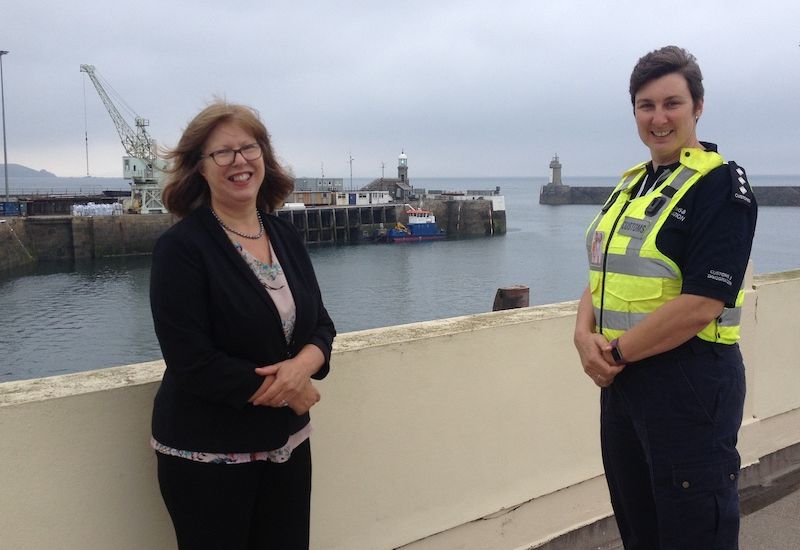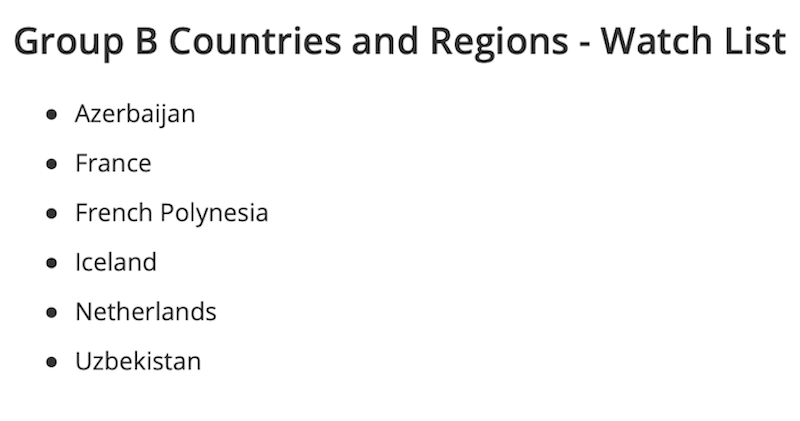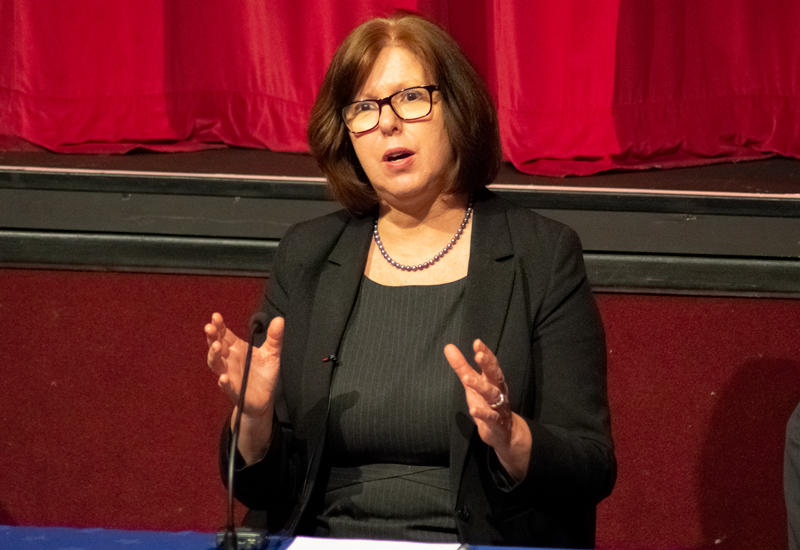


Today's introduction of seven-day testing for some travellers is "part of a journey" the Bailiwick is on that will eventually lead to less restrictions - but only when the authorities decide "it is safe to do so".
Countries have now been categorised into Group A, B or C, with different rules for travellers entering or returning to the island from each group.
Anyone coming from a Group A jurisdiction will still have to self-isolate for 14 days upon arrival, while those heading to Guernsey from a Group B country will need to quarantine for seven days before taking a free coronavirus test.
The UK is currently in Group B, along with Jersey and France - although France is currently on a 'watch list' and could move into Group A if case numbers continue to rise.

Pictured: The watch list of countries as of the weekend.
Guernsey Border Agency Surveyor Rebecca Falla said they will increase the staff resources available as passenger numbers increase.
"It is quite a small amount at the moment but that is inevitably going to build," she said. "I think people will decide they are going to travel a bit more and so we are going to [increase resources] when that happens so we are not inundated."
Dr Nicola Brink said any countries with more than 30 cases per 100,000 people over seven consecutive days will fall into Group A. There are additional Public Health concerns that could also trigger Group A categorisation.
"We need to look at trends as well because if [a country] doesn’t test, they won’t pick up the results," she said.
"Also, if there is a large outbreak in a defined region and we need to look at regionalisation. We could look at that in England and we could potentially look at that in places like France."

Pictured: Dr Brink said the watch list is designed to "give people the appropriate information to inform their decision-making, which is the same as we have always tried to do."
The Public Health team will check the latest statistics every morning and any trends that are emerging.
Those trends will inform Public Health's watch list, which features places that are giving the authorities cause for concern because of the number and/or increase in cases, testing policy or other factors.
Dr Brink said the move to seven-day testing should be seen as a step towards eased restrictions, which is something the Bailiwick will do in its own time and at a "safe" pace.
"This is part of a journey we are on where we are looking to continually move forward to as fewer restrictions as we can, but only when it is safe to do so," she said.
The current list of Group A, B and C countries can be found HERE.
Pictured top: Guernsey Border Agency Surveyor Rebecca Falla and Public Health Director Dr Nicola Brink.
Comments
Comments on this story express the views of the commentator only, not Bailiwick Publishing. We are unable to guarantee the accuracy of any of those comments.